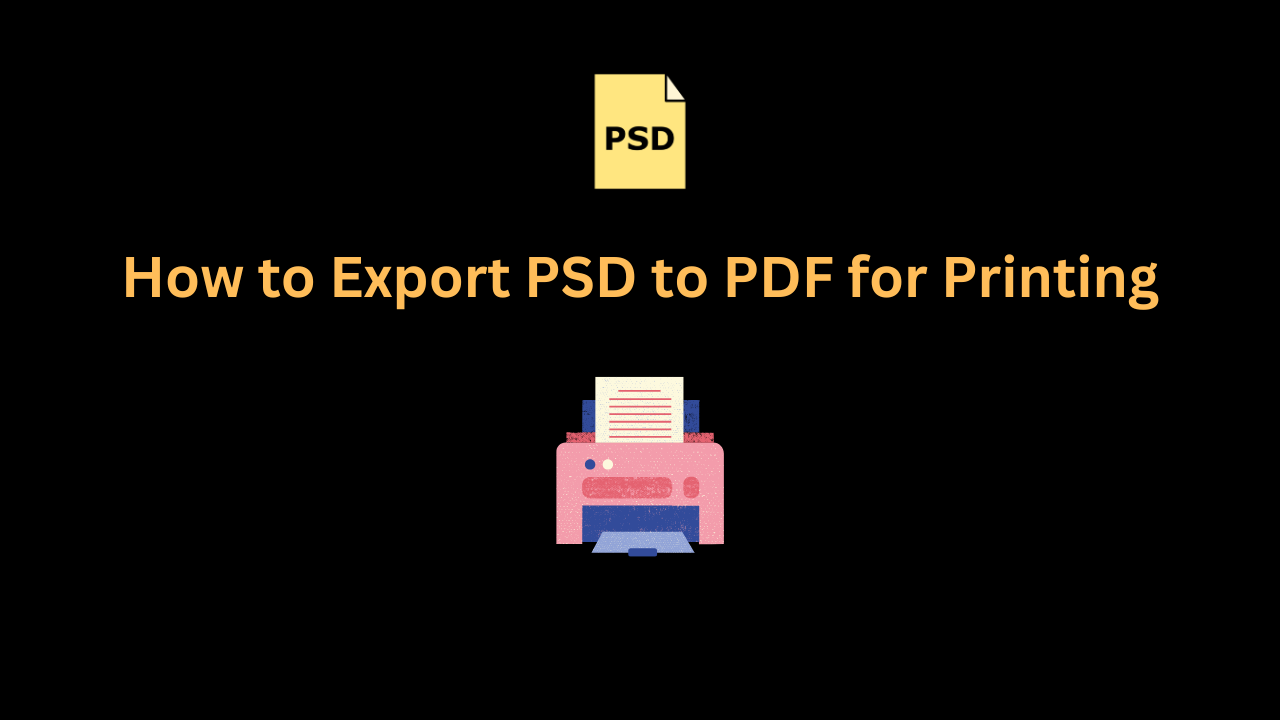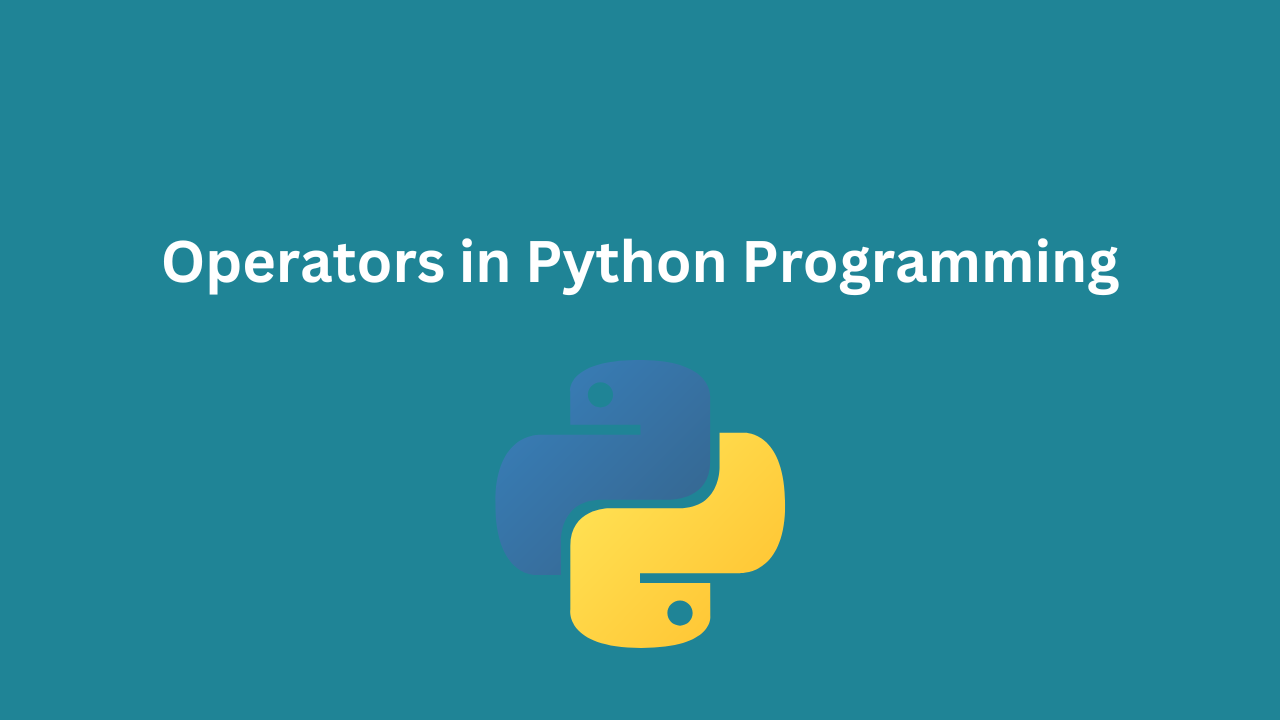
Introduction
In this article, we will look into the world of online compilers for the C language, which provide a convenient platform for writing, testing, and debugging your C code. These compilers offer a user-friendly experience without the need for intricate configurations.
We will also discuss the advantages they bring, highlight some popular options, and demonstrate how they can enhance your coding proficiency.
The C programming language has been key to software development for years. Known for being efficient and offering control, C is often chosen for system programming, embedded systems, and high-performance applications. But starting with C can be hard for beginners. Online compilers help here.
History of C Language
Dennis Ritchie developed the programming language C in the early 1970s while working at Bell Labs. C was specifically designed for system programming and gained widespread popularity due to its efficiency and ability to run on different platforms.
Key Features of C Language
C is simple and efficient. Key features are:
Low-level memory access
A simple set of keywords
A rich library of functions
Flexibility and portability across different platforms
Applications of C Language
C is used in many areas, such as:
Operating systems (like Unix and Linux)
Embedded systems
Game development
Compilers and interpreters
Database systems
What is an Online Compiler?
Definition and Functionality
An internet-based compiler is a web application that enables users to write, compile, and execute code in different programming languages, such as C, directly within their web browser. This tool incorporates a text editor for coding purposes and a backend server responsible for compiling and executing the provided code.
Advantages of Online Compilers
Accessibility: Available on any device connected to the internet.
Convenience: Software installation and updates management are not required.
Cost-Effectiveness: Many online compilers are free or affordable.
No Installation Required: Start coding right away.
Collaboration: Easy to share and work on code with others.
Limitations of Online Compilers
Performance: Might not be good for very large projects.
Security: Risks related to data privacy and code safety.
Dependency Management: Limited in handling complex dependencies.
Benefits of Using a C Language Online Compiler
Accessibility
An online compiler such as Python Online Compiler enables you to write code from any location, utilizing a computer, tablet, or smartphone. This level of adaptability proves highly beneficial for individuals seeking to learn or work from various settings.
Convenience
Online compilers remove the need for complex setups. You can start coding right away, which is helpful for beginners who might find traditional setups hard.
Cost-Effectiveness
Many online compilers are free, and paid ones are usually affordable. This is ideal for students and hobbyists on a budget.
No Installation Required
You avoid the hassle of installing and updating software. Online compilers ensure you always have the latest tools and features.
Collaboration
Sharing and working on code with others is easy with online compilers. You can share project links, allowing others to review and run your code without replicating your setup.
Popular C Language Online Compilers
Overview of Popular Options
Popular C language online compilers include:
Repl .it
OnlineGDB
JDoodle
Ideone
CodeChef
Features Comparison
Each compiler has unique features:
Repl.it: Supports multiple languages, real-time collaboration, GitHub integration.
OnlineGDB: Offers debugging tools, user-friendly interface.
JDoodle: Provides API support, simple interface.
Ideone: Supports many languages, clean interface.
CodeChef: Known for competitive programming, large community.
Pros and Cons of Each
Repl.it: Versatile, collaborative, great for beginners but may require a subscription for advanced features.
OnlineGDB: Easy to use, built-in debugger but limited language support.
JDoodle: Lightweight, API support but less feature-rich.
Ideone: Clean interface, supports many languages but basic features.
CodeChef: Strong community, good for competitive coding but focused more on competition.
How to Use a C Language Online Compiler
Step-by-Step Guide
Select an Online Compiler: Choose a platform that fits your needs.
Write Your Code: Use the text editor to write your C program.
Compile the Code: Click compile to check for errors.
Run the Code: Execute your program to see the output.
Debug if Necessary: Use debugging tools to fix issues.
Tips for Beginners
Start Simple: Begin with basic programs to learn syntax and structure.
Read Error Messages: They help fix problems.
Practice Regularly: Consistent practice reinforces concepts.
Common Errors and Troubleshooting
Syntax Errors: Check for missing semicolons, brackets, etc.
Logical Errors: Ensure your code logic is correct.
Runtime Errors: Test your code with different inputs.
Security Concerns with Online Compilers
Data Privacy
Be aware of your code and data privacy when using online compilers. Choose platforms with strong privacy policies and security measures.
Code Safety
There's a risk of your code being accessed or stolen. Use reputable platforms and avoid sharing sensitive information.
How to Mitigate Risks
Use Trusted Platforms: Stick to well-known compilers.
Avoid Sensitive Code: Don't use online compilers for sensitive code.
Regularly Update Passwords: Keep your accounts secure with strong passwords.
Enhancing Learning with C Language Online Compilers
Practice Exercises
Many online compilers have built-in practice exercises. Use these to improve your skills.
Interactive Coding Challenges
Platforms like CodeChef offer interactive challenges that make learning fun and engaging. These are great for testing your knowledge and learning new techniques.
Community and Support
Many online compilers have active communities for asking questions, sharing knowledge, and getting support. Engaging with these communities can greatly help your learning journey.
Advanced Features in C Language Online Compilers
Debugging Tools
Advanced online compilers have debugging tools to help you find and fix errors. Learning to use these tools can make your coding more efficient.
Version Control Integration
Some online compilers integrate with version control systems like Git, letting you manage and track code changes easily.
Performance Analysis
Performance analysis tools help you see how your code runs and where to improve. These tools are essential for optimizing your programs.
Case Studies
Success Stories
Many programmers have advanced their careers using online compilers. Students have completed projects, and hobbyists have developed full applications with these tools.
Real-World Applications
Online compilers are used in professional settings for quick prototyping and testing. Startups and small teams often rely on them for development.
User Testimonials
Users praise the convenience and accessibility of online compilers. They highlight how these tools simplify learning and make coding more accessible.
Future of C Language Online Compilers
Emerging Trends
AI and machine learning integration are paving the way for real-time code suggestions and error detection, promising a bright future ahead.
Technological Advancements
Enhancements in cloud computing and browser technologies are set to boost the efficiency and functionalities of online compilers.
Predictions
Online compilers are expected to enhance their capabilities and add more advanced features, which will be crucial for both educational purposes and career advancement.
Conclusion
The C Language Online Compiler is a valuable resource for efficiently writing, compiling, and debugging C code. Its intuitive interface and extensive features cater to the needs of students, professionals, and educators alike.
By simplifying the process and eliminating the requirement for intricate setups, it enables users to concentrate on producing high-quality code.
FAQs
What is a C Language Online Compiler? A web-based tool to write, compile, and run C programs directly in your browser.
How do I use the C Language Online Compiler? Open it in your browser, write or paste your code, and click "Compile" or "Run" to see the output.
Do I need to install any software to use the online compiler? No, it runs entirely in your web browser.
Is the C Language Online Compiler free to use? Yes, most are free, with some offering premium features for a fee.
Can I save my code on the online compiler? Many allow you to save code to your account or download it.
Does the online compiler support all C standard libraries? Most support a wide range, but check the specific compiler's documentation.
Can I use the online compiler on any device? Yes, as long as it has a web browser and internet connection.
Is my code private and secure on the online compiler? Reputable compilers prioritize user privacy and security. Review their policies for details.
What are the limitations of using an online compiler? They may have execution time, memory usage, and project size limitations compared to local environments.
Can I debug my code using the online compiler? Yes, many offer debugging tools like breakpoints and variable inspection.
How does the online compiler handle input and output operations? They usually provide a console or input field for entering values and display output in a designated window.
Who can benefit from using the C Language Online Compiler? Its ease of use and accessibility make it advantageous for students, educators, hobbyists, and professional developers alike.





Write a comment ...